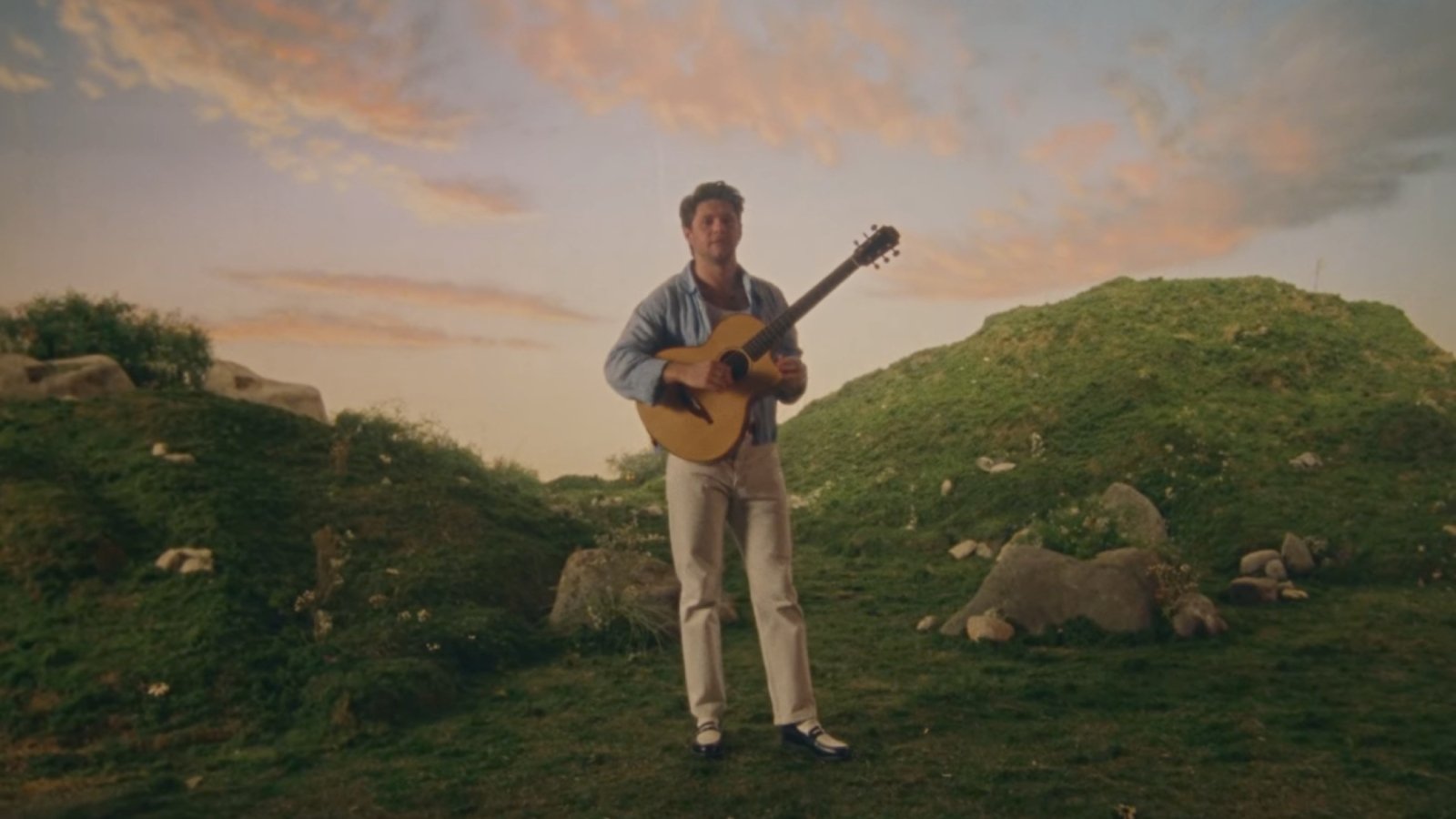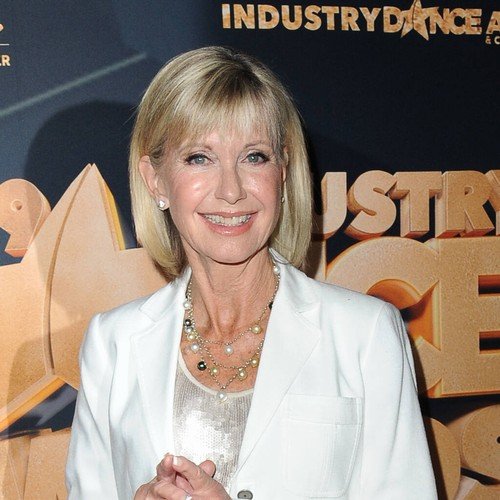How to find an artist name can feel like a very heavy task. You want to pick something that fits your style while also feeling unique and true to yourself as an artist.
On top of that, you don’t want to pick something cheesy, dated, or something that has already been taken before.
Today we are going to talk about that. We’re going to go through:
- How to pick your alias (and how to avoid getting caught in an indecisive spiral)
- Whether aliases are even important
- Things you must check before choosing a name
- Some creative tools for generating artist name ideas
- Examples of artist names and why they work
Let’s start by establishing if you even need an artist alias yet.
Do I Even Need An Artist Name?
Some people are under the impression that the day you finish your first track you must pick an artist alias.
I would disagree.
How to find an artist name is something that you should think about while you explore the world of music production. When you get started making music, chances are you’ll want to explore different genres and styles and that could affect what you pick for your alias.
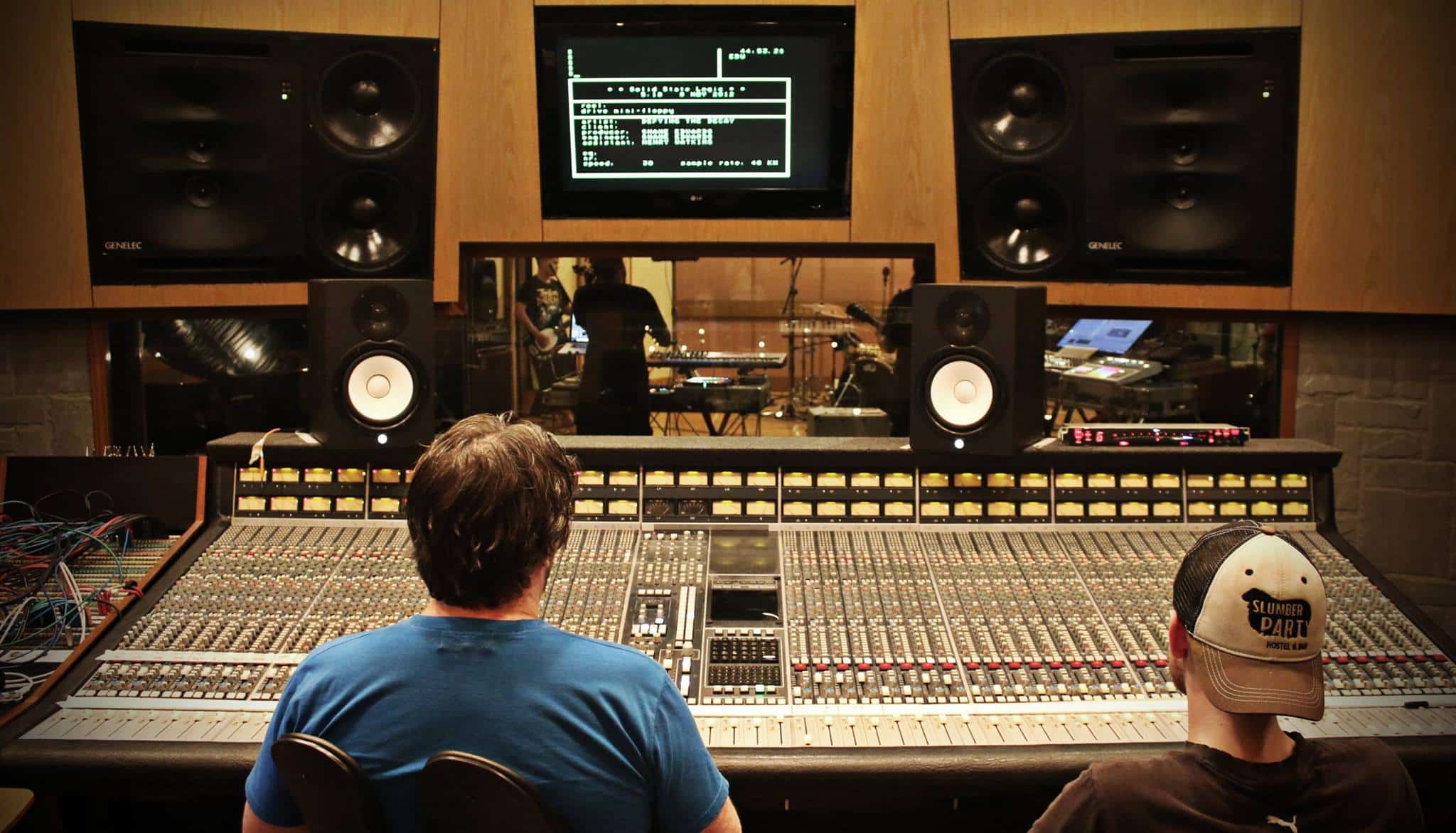
So if you are a new producer who is still learning how to arrange a piece of music, how to find an artist name should not be your top priority. For now, you should focus on finishing your first tracks.
You might be asking, “but I want to put my music on Soundcloud! How can I do that without creating an alias?”
If you are dead set on uploading your music to Soundcloud, I would say just use your given name or a random name. That way you can always pivot later when you are ready to create a brand around your music.
That leads me to my next point. What is the purpose of an alias? Why do you need one at all?
Well, the truth is you really don’t need one. It is just a tool to help you brand your music.
One all-encompassing name that categorizes your music, visual aesthetic, and message.
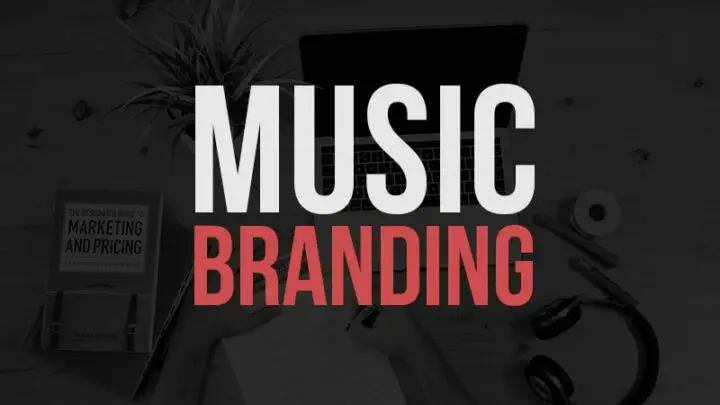
Can that be your given name? Sure! But you will want to make sure that it helps you advance your brand and doesn’t hinder it.
When and How to Find an Artist Name?
Let’s say you are more advanced in your production style:
- You have a cohesive body of work
- You have developed your own style
- And you have advanced to the point where it is time to start developing a brand around your work.
These are a few questions you should ask before deciding on an artist alias and you decide on an idea.
1. How to Find an Artist Name: Meaning to you?
By FAR the #1 question I get when I arrive at a venue or start an interview is, “How did you come up with your artist name?”
It’s a very common question.
If you plan on your music taking you to new cities, meeting new people, and moving up in the industry this will most likely be the #1 question you will be asked.

So it is best to have a good answer for this. It doesn’t have to be tear-jerking or have a monumental story behind it. But a good story can go a long way.
It can be an excellent conversation piece when your fans tell their friends about your work.
Example: Deadmau5. His alias derived from a screen name on a forum. He literally found a dead mouse trapped in his computer. He tried to change his name to DeadMouse in that forum but it was too long so he had to shorten it to Deadmau5.
That is a great conversation starter and gives his fans something to talk about outside of his music from the get-go.
However, the complete opposite can also work. I recently stumbled on an Irish band call NewDad. If you check their bio, you’ll learn that they randomly picked that name with a word generator.
2. How to Find an Artist Name: Taken Already?
When thinking about how to find an artist name, this is a BIG one. Do not skip this step.
Building an artist brand is like building a company.
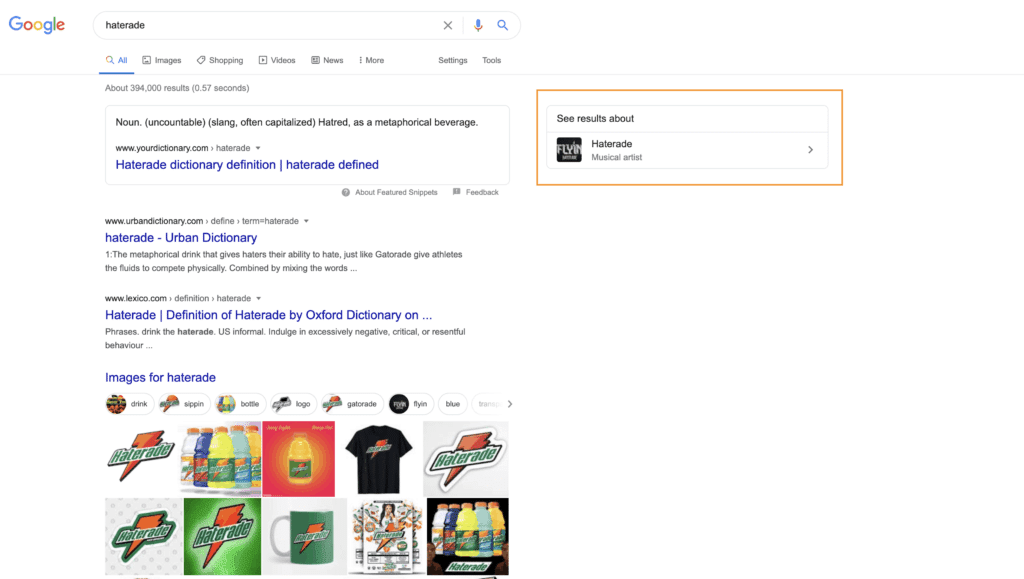
Your alias is the foundation of your brand. You wouldn’t want to start a company that shares its name with another already established company.
Once you get an established body of work and your fans learn what your music sounds like it will be tough to disassociate the two if you have to change your name later on.
You will want to:
- Do a Google search
- Check Apple Music
- Check Spotify
- Check Soundcloud
- Check social media
- Check and your country’s trademark database
…to see if your alias is available. I would say that checking on Spotify is the most important part. Let’s say you’re thinking about how to find an artist name and settle on Valiant (I just made that up):

We can see there are a bunch of Valiants on Spotify already. So if people try and look you up, there will have a tough time finding you. And as an artist, you should make that process as simple as possible for listeners. If they can’t find you in a few clicks, they will give up.
If you’re looking for other Spotify hacks like this one, check out our full guide over here 🔥
3. How to Find an Artist Name: Easy to Communicate?
Do you have a hard time explaining to your friends what your name means and how it is pronounced?
It might be a good idea to simplify it a little bit.
This basically follows the point I made in the previous section: make yourself easy to find. There should be as little friction as possible when people look you up on Spotify or Google.
You want your grandma to be able to pronounce your name, if she can so can everyone else.
The only time I would make an exception is if the story behind the name is so powerful and it fits your brand like a glove. The adage that, “if you are good enough people will learn your name” does ring true. But if you don’t absolutely need to complicate it, it’s best to keep it simple.
Different Types of Artist Names
How to find an artist name can definitely be tricky. So here are a few different methods to approach it.
Descriptive
This one is the most obvious direction. A name literally describing what it is you do. This one works well with companies but can also be good for a musician.
Examples: Netflix, Dropbox, EDMProd

Suggestive
This style implies a specific attribute about yourself or your style. If you want to convey a message about your work in the name alone this is the style for you.
Think about what your music stands for. Is it dark? Euphoric? Comedic? Authentic? Try to communicate that feeling through your artist name.
Examples: Delta Heavy, RL Grime, Boombox Cartel, Sub Focus
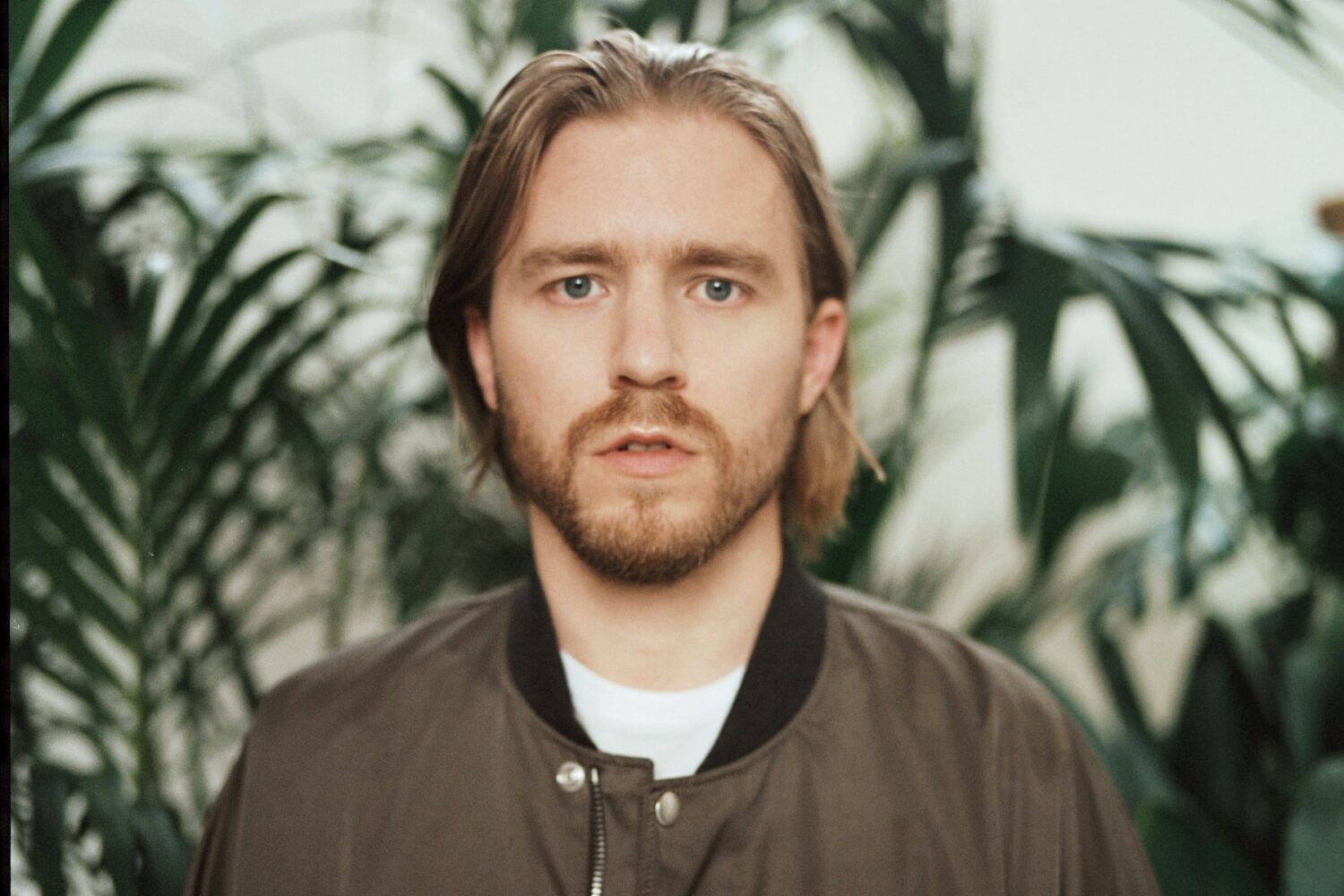
Metaphorical
Metaphors compare unrelated subjects by referring to one thing and meaning another. The name typically has a subtle connection to what your music conveys.
Examples: Marshmello, NGHTMRE, Eliminate, Nonsens
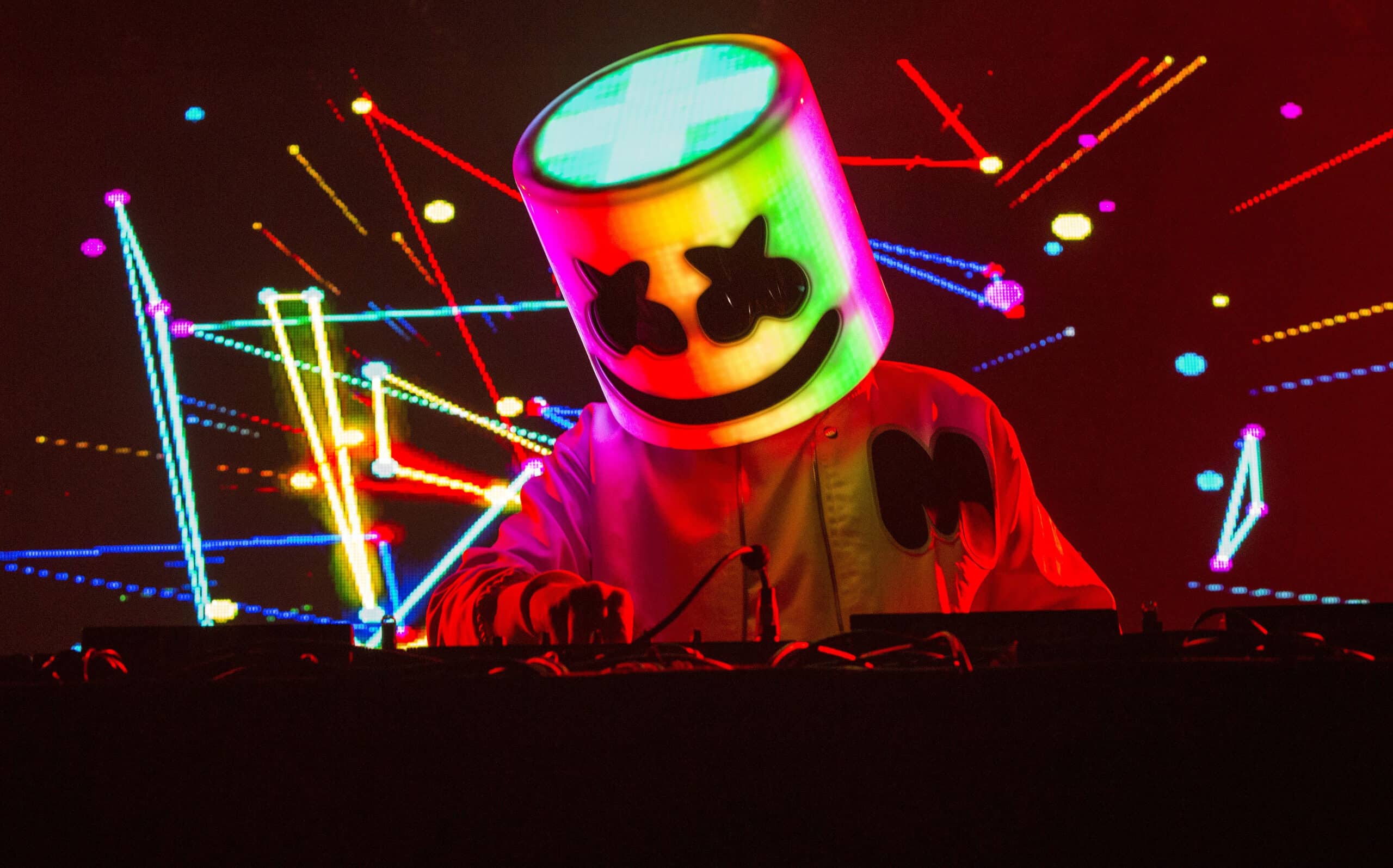
Neological
Coming up with your own word can be a great approach. Using pieces of existing words or names to create your own is a creative way to catch someone’s attention.
This is the one I chose for my artist name – Haterade.
Other examples include: San Holo, Shadient, Taska Black, Flosstradamus, Skrillex
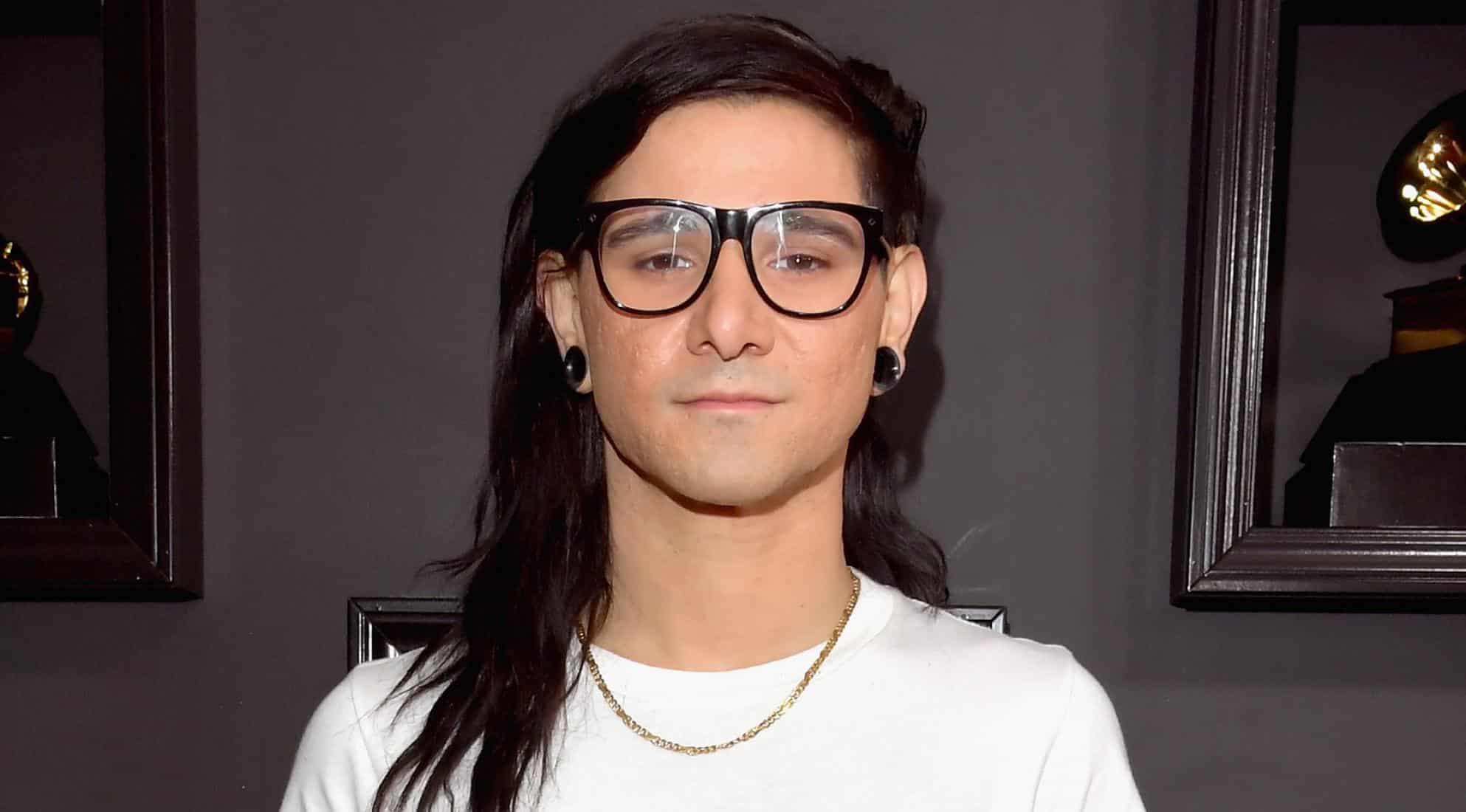
Historical
Your name could have a historical connection. For instance, naming yourself after an influential figure’s signature technique or after a historical figure in your industry.
This is what companies like McDonalds use – name after the initial restaurant owners.
In music, the Synthwave scene is famous for artists with dates in their names: Timecope1983, FM-84, Miami Nights 1984 and more. These dates directly evoke a sense of nostalgia, which is exactly what Synthwave aims to do.
Examples: Camelphat
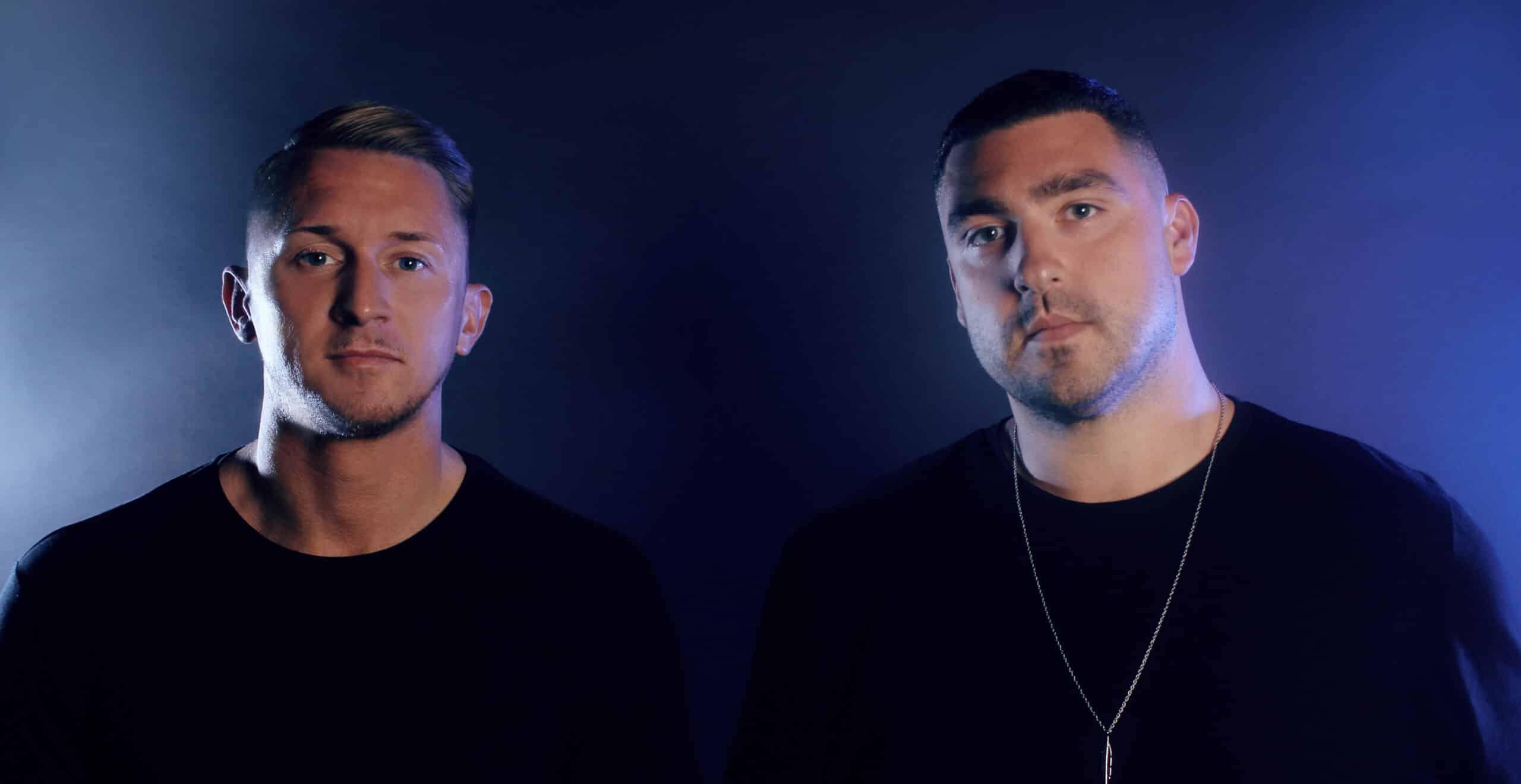
Arbitrary
This one is where you can get creative. You can name yourself any word made up or not. It’s important to consider a personal connection you have to the name but usually isn’t apparent at first glance.
Examples: Avicii, Rezz, Flux Pavillion
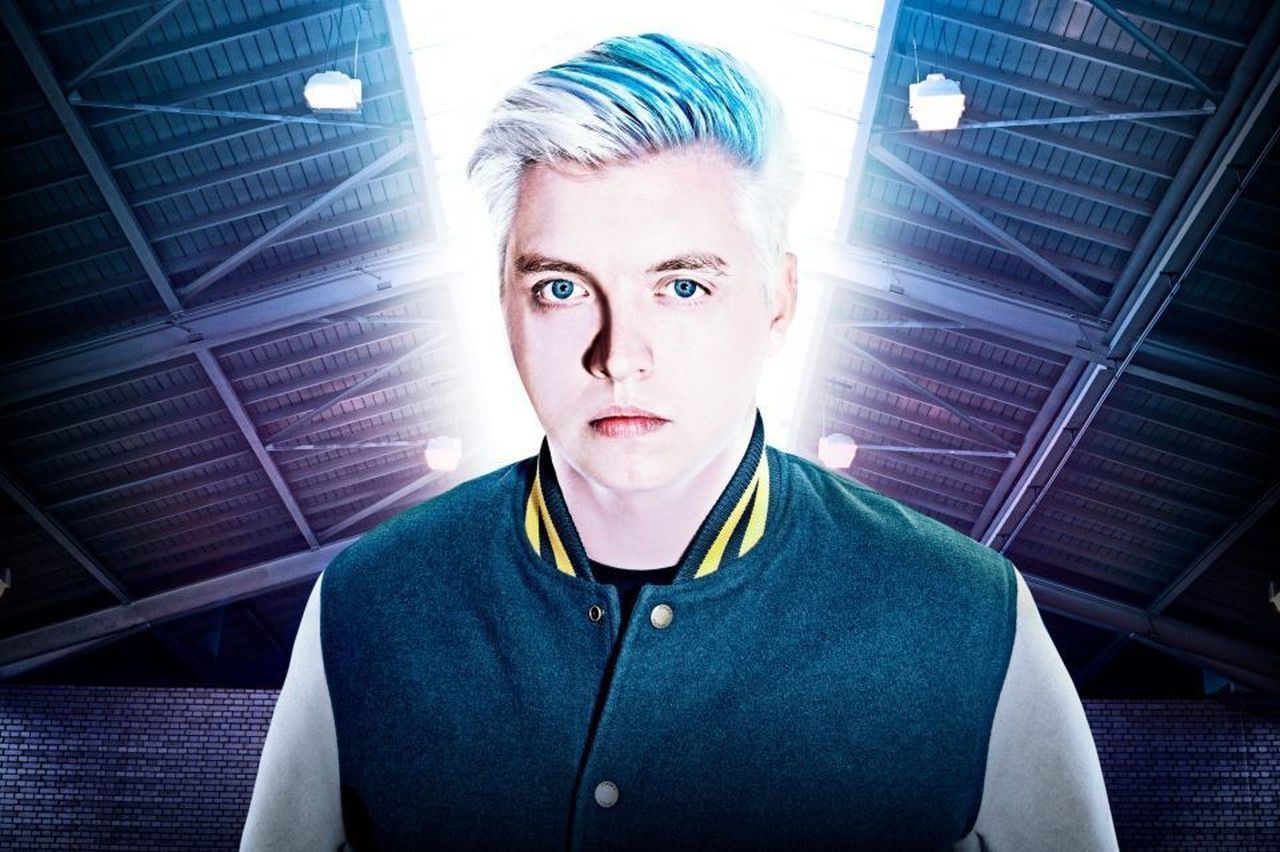
4. Why not use your real name?
Some scenes are popular for having artists using their real names. This is the case in the Techno scene:
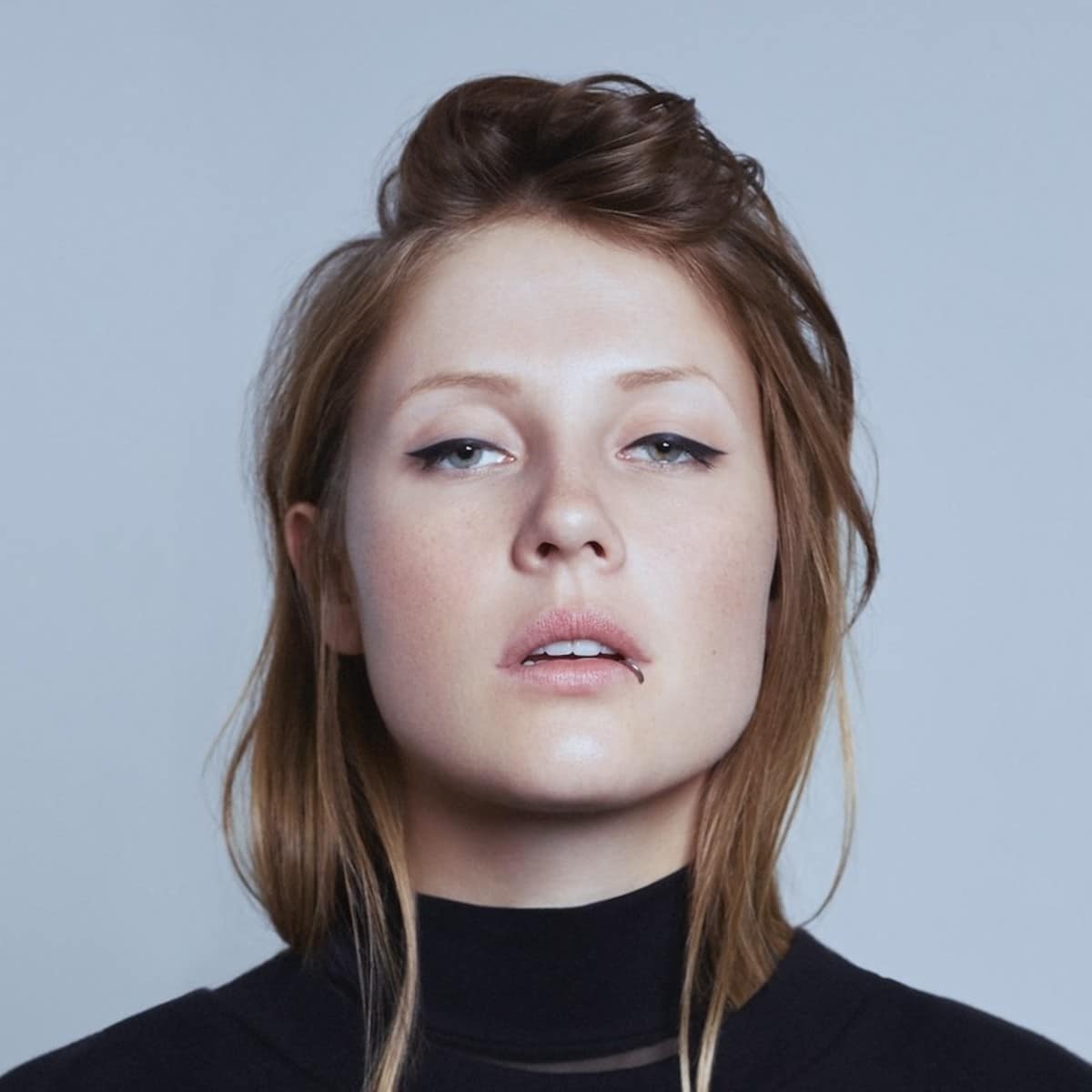
Just to name a few, we have:
- Charlotte de Witte
- Amelie Lens
- Enrico Sangiulano
- Deborah de Luca
- Layton Giordani
- and many more!
Using your real name has many advantages. Firstly, you skip all the complexity as to how to find an artist name. It’s already there!
Secondly, using your own name can create a sense of connection with your listeners.
When you use a made-up name, it can create a level of separation with your audience. However, using your real name will make people feel like they know you.
If you don’t like the way your name sounds, you can create a variation of it. For example, Fred Again’s real name is Frederick Gibson. Why not use your first name, and create an interesting spin on it?
Moving Forward With Your Artist Name
After picking one of these styles you will want to really think about the name you choose thereafter.
Picking an artist alias is almost like getting a tattoo. Sure, you could get it removed but it is extremely expensive and hurts like hell.
So be sure that you believe in the name with full confidence. One way to get around the full commitment right off the bat is to do a ghost test drive of your name for a while.
Start saving projects with that alias, create a Soundcloud, make a Gmail account. You can test drive it for a couple of weeks and see how it feels before committing to it publicly and investing money into the branding side of the project.
One very important thing to remember when you are closing in on a name is to not tell a bunch of people before making that final decision.
If you really need help (and I mean really need help not validation) ask a close trusted friend. Explain your reasoning behind your thinking, what the name means to you, and ask if they get it. They don’t have to like it 100% just as long as they understand it.
One Last Thing
Finally, your name doesn’t have to be perfect.
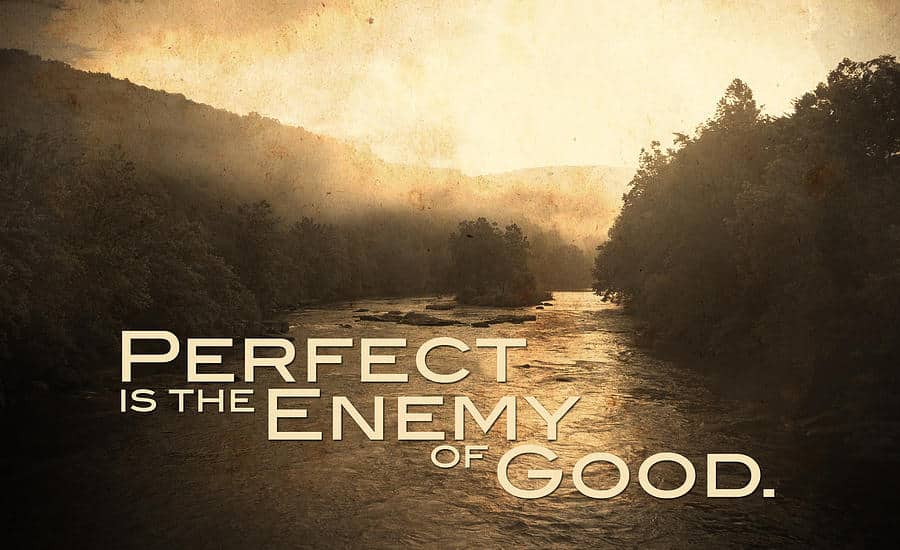
You don’t have to have the most intricate story behind it or sound the coolest or be the most clever. Your music is more important.
As long as you are ok with telling complete strangers what your artist alias is, and have a story behind the origin of the name you are good to go.
It’s much less about what the alias is than what it means to you and your fans. Sure, having a catchy cool name is awesome but if it doesn’t have any emotional weight behind it other than “I thought it sounded cool”, it won’t stick.
Don’t rush into it, take your time. Sit with it. See how it feels. Once you feel confident about it, pull the trigger and start building around it.
Recommended: Setting Goals As A New Producer


